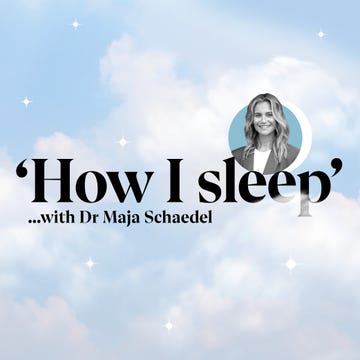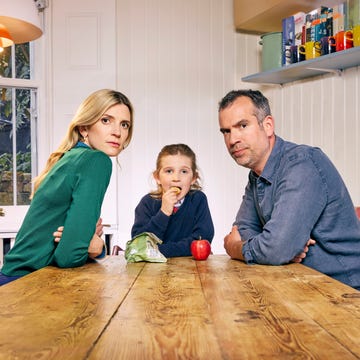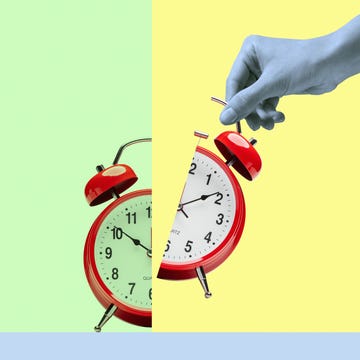As the Government confirms the first compensation payments to infected blood victims could happen by the end of the year, widow Heather Evans, 59, from Winchester, speaks about her own family’s experience.
Back in May, as I sat there listening as the infected blood inquiry reached its conclusion with my son, Isaac, 22, on one side of me and a picture of my husband, Perry, on the other, my feelings were very mixed.
I was elated that the report by Sir Brian Langstaff was so damning, but I was so sad that Perry wasn’t there with us, able to witness such an important day. I feel that deep sadness again today, with the announcement that compensation is finally going to be paid, but that he and 3,000 other people who’ve died aren’t here to see it. At the same time, though, I am hugely relieved that it is finally going to happen.
Perry, who had been born with mild haemophilia, had given his evidence on the very first day of the inquiry back in May 2019, when he explained how he’d unknowingly been infected with HIV and Hepatitis C through contaminated blood products.
I knew my husband of 36 years was going to be mentioned when Sir Brian reported his findings in May this year, but was completely overwhelmed when he paid tribute to him.
When he revealed that Perry had died just five weeks earlier, aged 62, an audible sigh went round the 2,000 people in that room. My tears flowed, for Perry and all the others whose lives had been blighted by this scandal that should never have happened.
Perry had thought he was going for a routine hospital appointment in August 1985, but the doctors dropped the bombshell that he had been infected with HIV and his life expectancy was two to three years. He recalled being sent home to deal with a future that was ‘bleak and terminal’.
Perry defied those odds again and again, but he fought AIDS-related illnesses for much of his adult life, never complaining or asking ‘Why me?’.
The two of us met in 1987 through our local church. He was new to the area and joined the church football team. We got to know each other properly when he gave me a lift and the car broke down. On our second date, walking my dog, he told me he had health issues, saying he had a virus called HIV that could lead to AIDS.
There was a huge stigma around the illness – this was the same year that Princess Diana made headlines for shaking the hands of patients with AIDS – but I was very naïve and didn’t know much about it. I remember asking myself if I should walk away from the relationship because his prognosis was not good. But I couldn’t do it when Perry seemed so fit and well.
At one hospital appointment, shortly after we’d got engaged, the doctors laid out the consequences of marrying Perry and asked if I wanted to go through with it. It left us both shaken, but it didn’t put me off. I knew it wasn’t going to be an easy future, but we made the decision to get the best out of life that we could.
We married in 1988, thinking that we wouldn’t have long together. At the time, only family and very close friends knew that he had HIV, but we gradually told others who supported and prayed for us. Perry used to send them a funny newsletter with his progress. He always managed to find the humour, whatever he was going through.
That sense of fun was what attracted me to him. Then I saw how he loved helping and empowering other people. He didn’t waste time on small talk – he’d zoom straight into conversations to talk about the big issues in people’s lives. He wanted them to get the most out of life.
He was very attentive and caring and, with his encouragement, in my 30s, I went to do a degree in theology. By my second year, he had to take a break from his job as a project analyst at an investment bank. AIDS-related illnesses and the toxic drugs he had to take had taken their toll on his body. He’d had pneumonia, was losing weight and his immune system was starting to collapse.
Things were looking very bleak, but then there was hope in the form of antiretroviral drugs, which stop the virus replicating and allows the immune system to get stronger. They had horrible side effects but saved his life, and by the time I graduated in 1997, he was remarkably back at work.
By this time, many of our friends had children, and it was hard coming to terms with the fact that this wasn’t an option for us. Then, in 1999, another scientific breakthrough changed our lives. Doctors at the Chelsea and Westminster Hospital were pioneering a treatment called ‘sperm washing’, where the fluid around the sperm, where the HIV attaches, is separated from the sperm itself, so neither I nor any child could be infected.
It was amazing when Isaac was born in 2001 – Perry doted on him. But nine months later, Perry was diagnosed with cancer – non-Hodgkin lymphoma, which is also related to AIDS. Worried he wouldn’t survive, Perry wrote cards to Isaac to open on his birthdays and other special days, but he pulled through. He was able to see Isaac and our daughter, Cerian, 19, who was born in 2005, into adulthood.
There were many health scares along the way, but each time Perry somehow pulled through, which makes it harder to understand that he’s really gone now.
My feelings are so mixed. I know we achieved so much more than we ever thought we would. We threw brilliant parties, went on wonderful holidays and squeezed so much out of life. But Perry is no longer with us, and I can’t help but feel very sad – and, at times, angry – about that.
Perry suffered a stroke in 2019, a few months after giving evidence to the inquiry, and I will never know if the stress of that had an impact. His health went downhill after that and in March this year, he suffered a fall that he never got better from. He died in April.
I was hopeful that the findings of the inquiry would be followed through, and I did fear what would happen when a new government came in. So I’m relieved that it looks as if the compensation that was promised will happen, first for those who were infected and then, hopefully next year, to their families, like ours. But this is not the end. There are so many victims of this who are hidden, who are living on the breadline because they haven’t been able to work, whose lives have been ruined by this. They still need to be looked after.
It’s been four months now since Perry died, and I’ll soon be home on my own, with Cerian going to university and Isaac moving for a new job, and I have to admit I’m dreading having the big house to myself. Ahead of that, we were clearing out some boxes and I came across a bundle of cards – they were the ones that Perry had written more than 20 years ago when he thought he was going to die. We’d never found them until now.
Right at the bottom was a silver envelope, with the date of our wedding anniversary on it – 23 July – so it was clearly meant for me.
Incredibly, I came across the card on my first anniversary without Perry – 23 July this year. I opened the card that he’d written so long ago for me to open after his death. I’d been dreading the day without him, but reading his beautiful message was amazing.
A friend of ours said it’s not just like a light has gone out, it’s like a force has gone. Perry was like that. And now we have to keep moving forward, helping each other, fighting for others, finding the humour and asking the awkward questions, just as he would have done.















